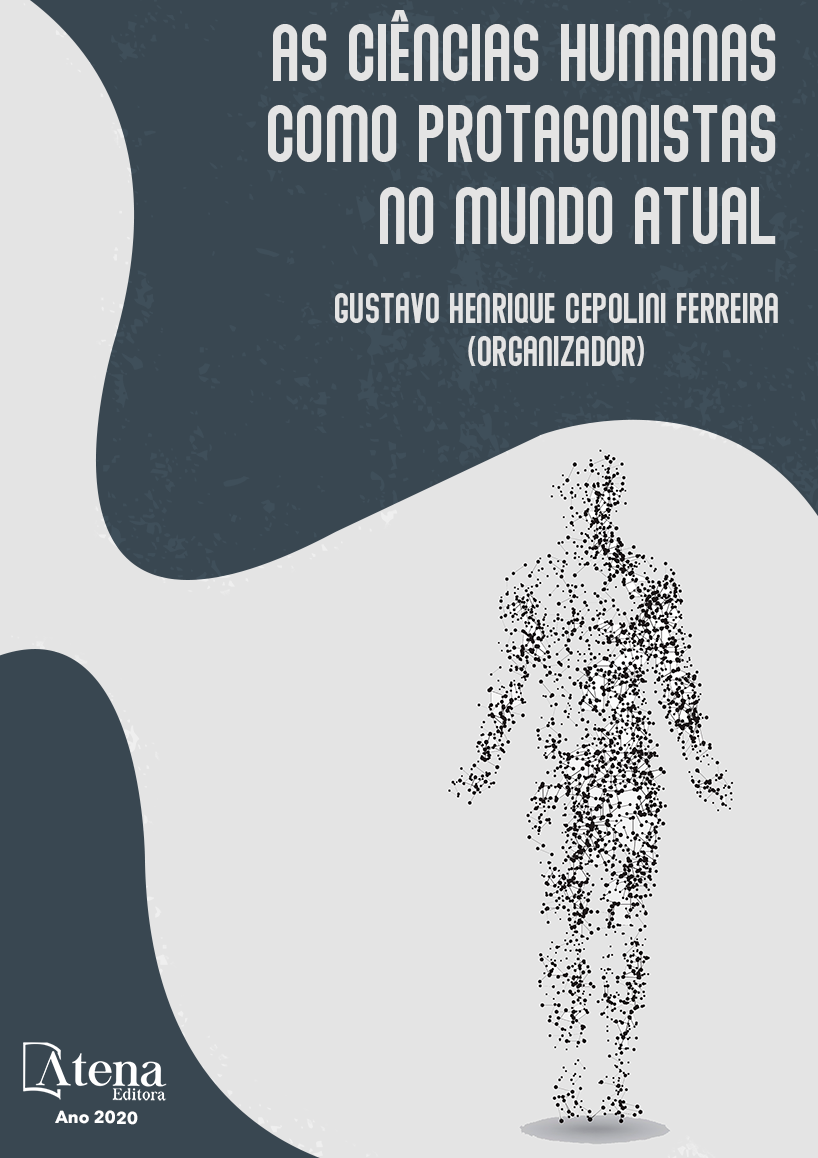
SIMONE DE BEAUVOIR: RESISTIR PARA SUBVERTER
O objetivo desta pesquisa é propor uma discussão a respeito da escrita de si, da escrita autobiográfica e sinalizar de que forma a autora Simone de Beauvoir em duas obras, Memórias de uma moça bem comportada (1958) e A força da Idade (1956), revela aos seus leitores experiência de sua vida, de pessoas que lhe eram próximas, e de que forma essas relações influenciaram o seu estar no mundo. Beauvoir reconhecida por seus pares por defender o ser mulher, autora da célebre afirmação: A mulher não nasce mulher, ela torna-se mulher. Na primeira obra, aqui apresentada a autora revela momentos de intimidade consigo mesma, mas na segunda autobiografia, no prólogo, afirma que não pôde ser tão verdadeira, como na primeira, segue informando ao leitor, que talvez nem tudo mereça ou possa ser revelado. Entretanto, mesmo diante dessa impossibilidade de ser verdadeira, como ela mesma escreve, Simone de Beauvoir consegue através do relato de si, mostrar a força possível de ser mulher, mesmo pertencendo a uma sociedade inflexível, presa às convenções, às normas e às regras. Beauvoir nos presenteia com ideias e afirmações que nos faz acreditar na possibilidade de ser o que se deseja ser. Para compreender a escrita autobiográfica os autores que serviram de guias teóricos: Philippe Lejeune (2014), Leonor Arfuch (2010), Clara Crabbé Rocha (1992), e a escrita de si de Judith Butler (2015).
SIMONE DE BEAUVOIR: RESISTIR PARA SUBVERTER
-
DOI: 10.22533/at.ed.57520220520
-
Palavras-chave: Escrita de si. Mulher. Posse de si. Feminino.
-
Keywords: Self-writing. Woman. Self-possession. Feminine.
-
Abstract:
The aim of this research is to propose a discussion about the writing of the self, the autobiographical writing and to point out how the author Simone de Beauvoir in two literary works, Memoirs of a Dutiful Daughter (1958) and The coming of Age (1956), reveals to her readers the experience of her life, of people who were close to her, and how these relationships influenced her behavior in the world. Beauvoir is recognized by her peers for defending the action of being a woman, author of the famous statement: One is not born, but rather becomes, a woman. In the first work, presented here, the author reveals moments of intimacy with herself, but in the second autobiography, in the prologue, she states that she could not be as true, as in the first, she continues to inform the reader that perhaps not everything deserves or can be revealed. However, even in front of this impossibility of being true, as she herself writes, Simone de Beauvoir is able to show, through a self-report, the possible strength of being a woman, even though she belongs to an inflexible society, bound by conventions, norms and rules. Beauvoir presents us with ideas and statements that make us believe in the possibility of being what we want to be. To understand autobiographical writing, the authors who served as theoretical guides: Philippe Lejeune (2014), Leonor Arfuch (2010), Clara Crabbé Rocha (1992), and Judith Butler's writing (2015).
-
Número de páginas: 10
- Henrique de Oliveira Lee
- Dolores Aparecida Garcia
- Lucy Ferreira Azevedo
- Soraya do Lago Albuquerque
- Ninna Sanches Vicente da Costa
- Simone Sanches Vicente Morais


